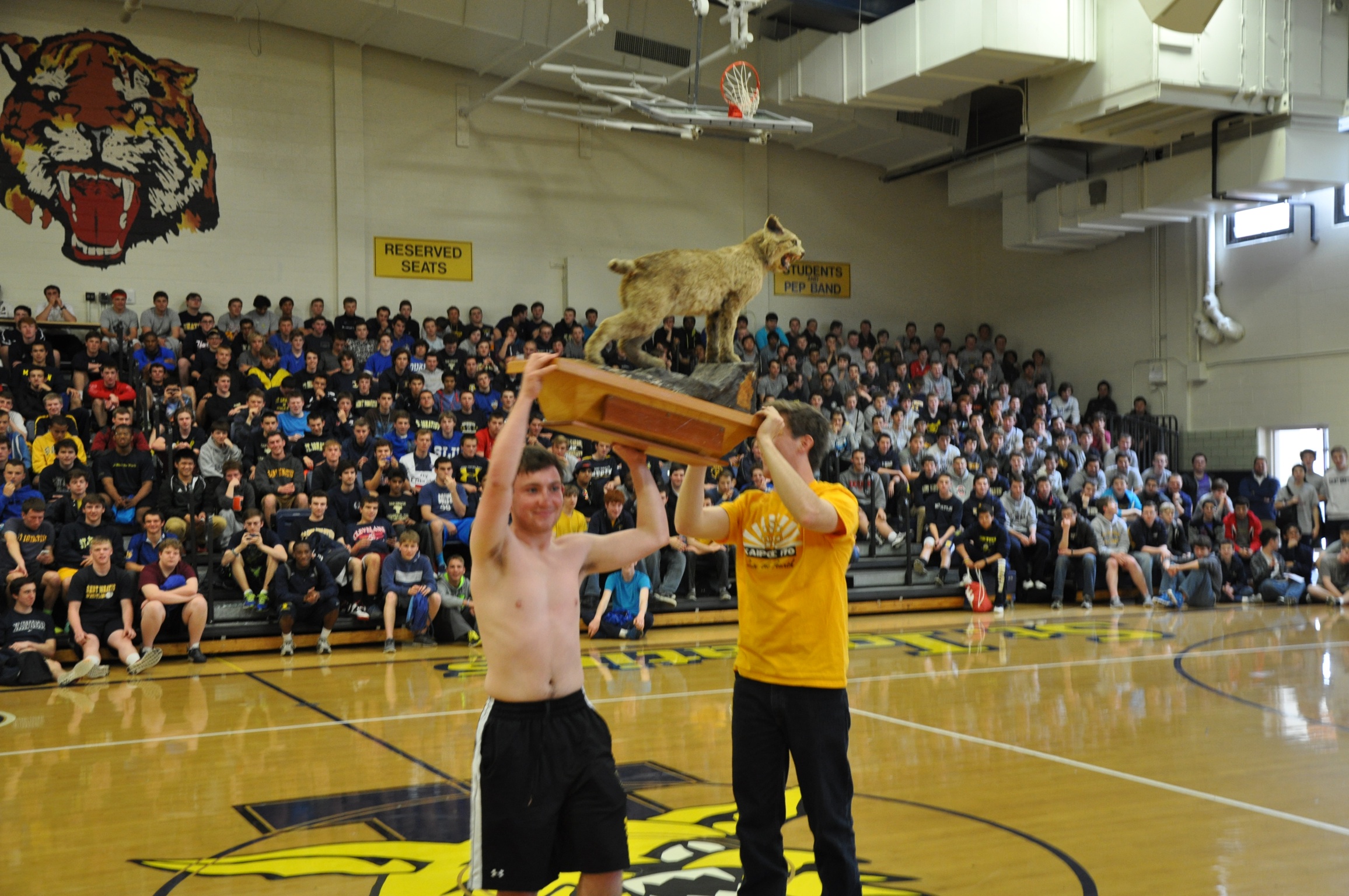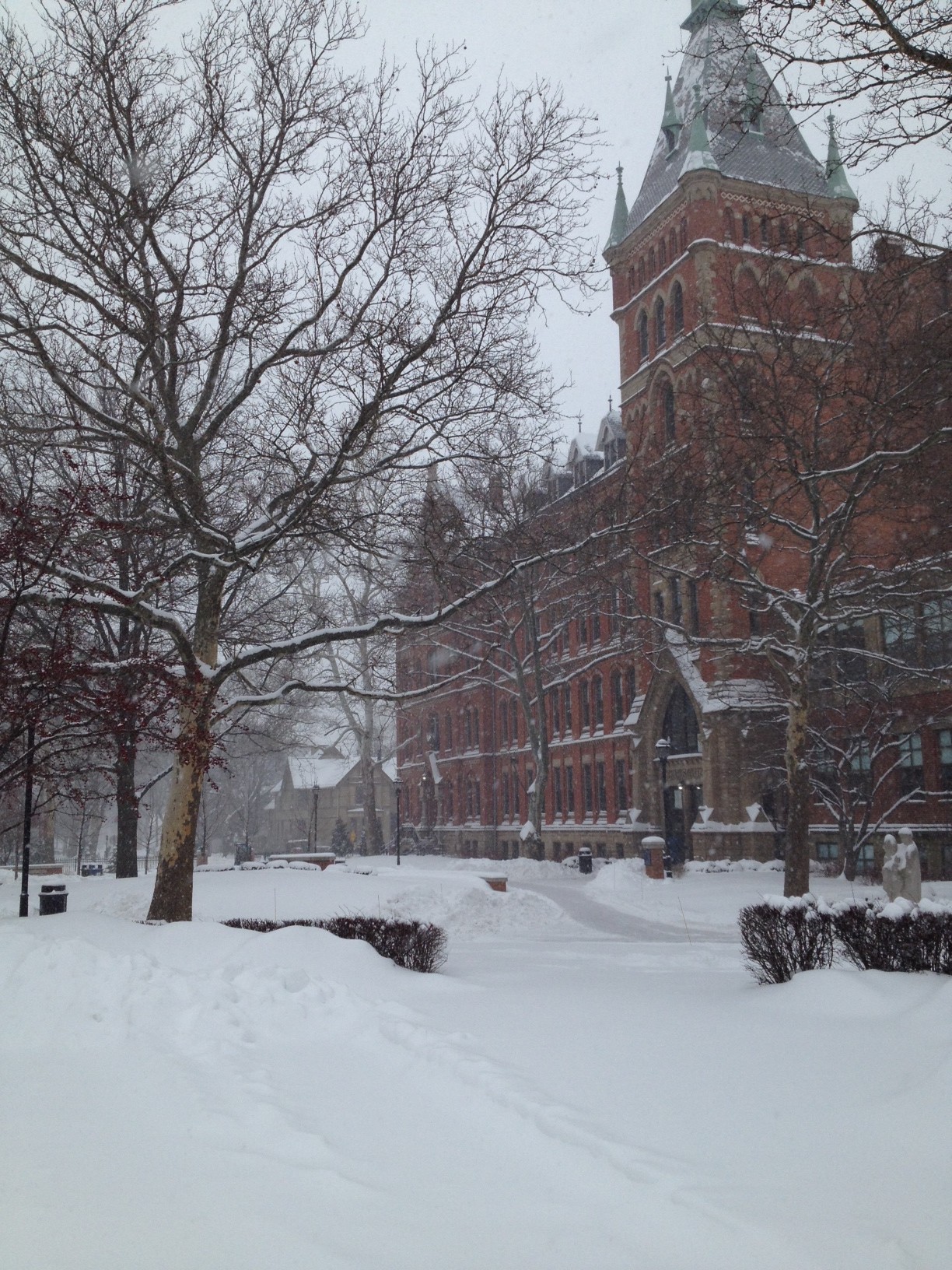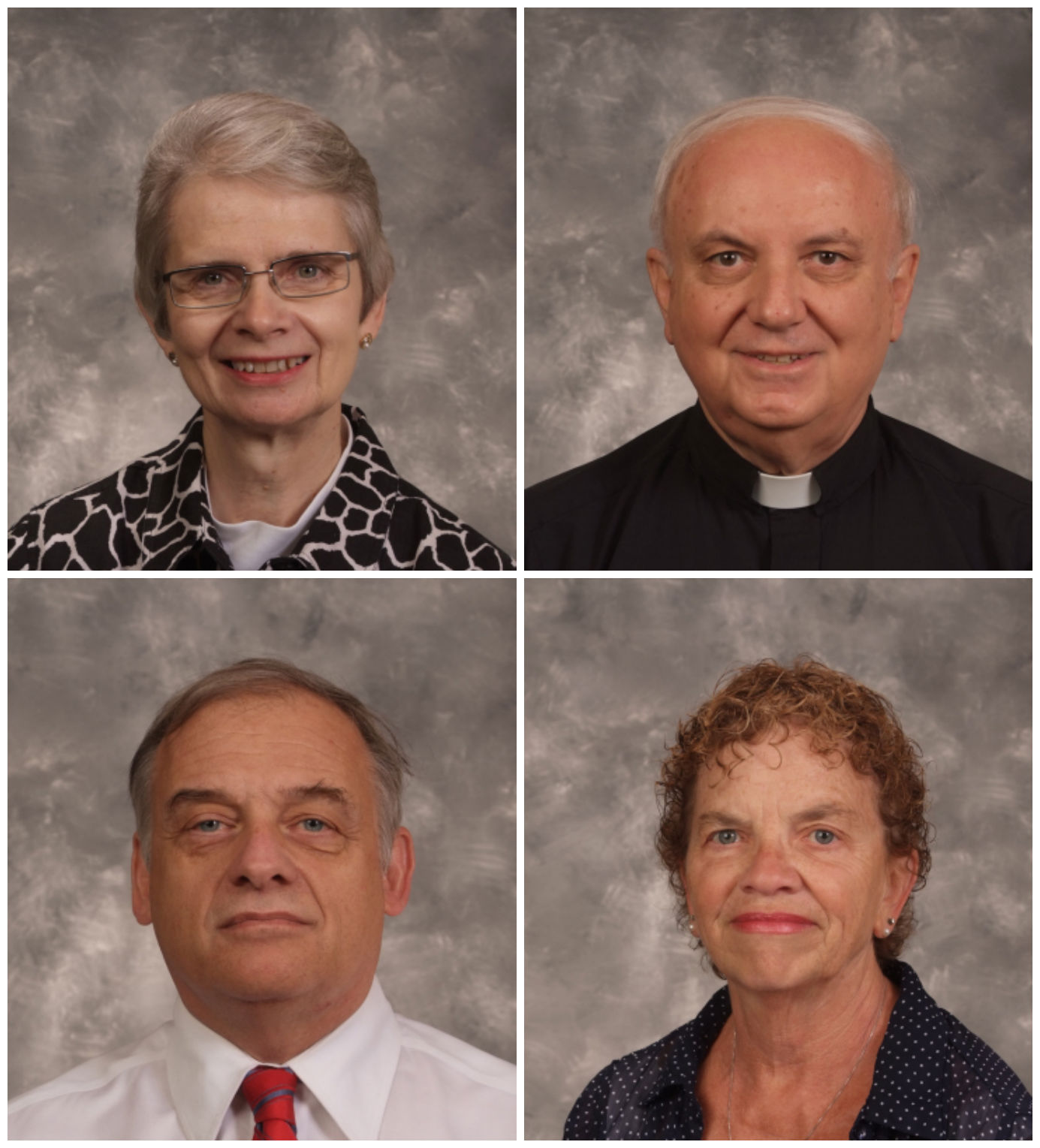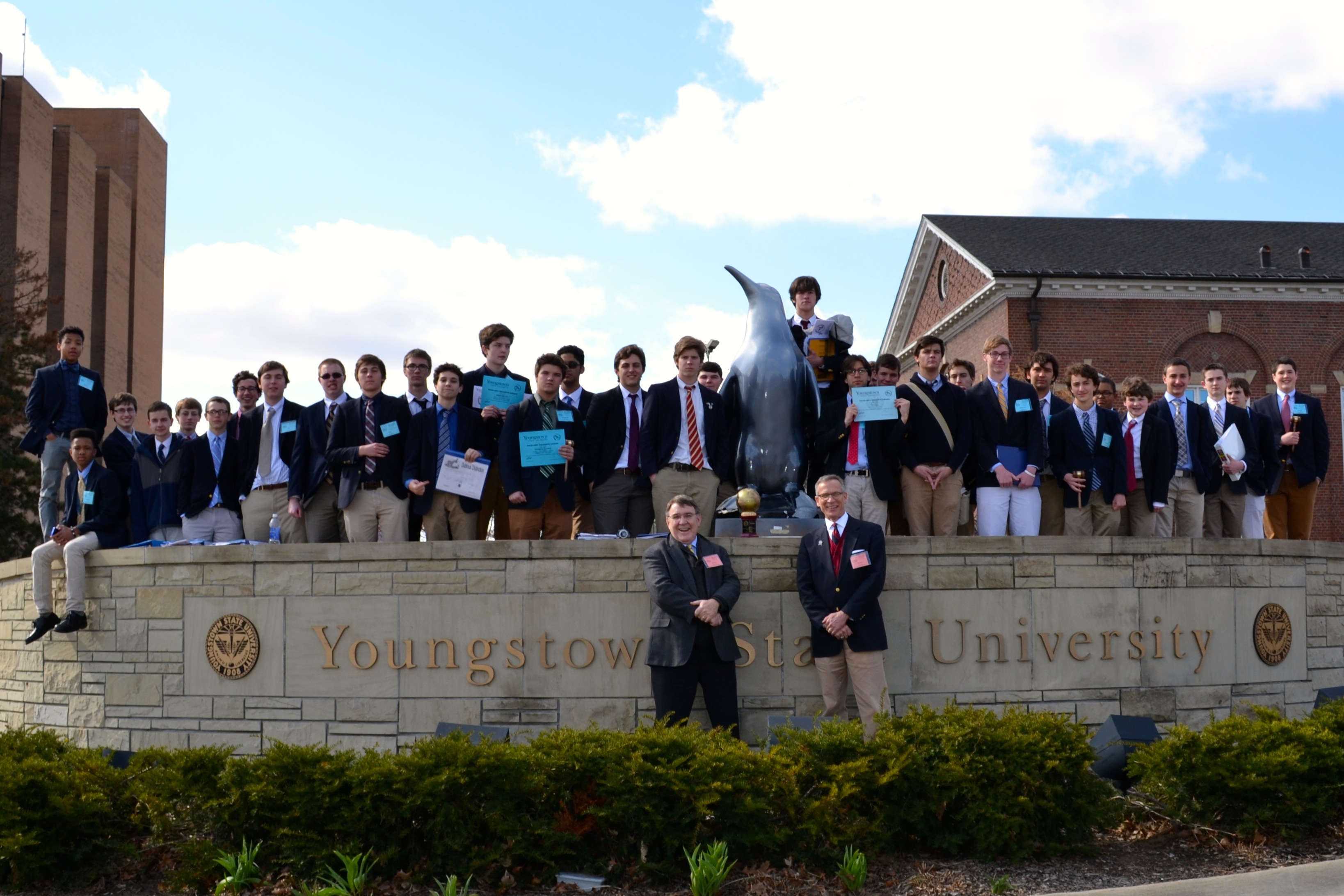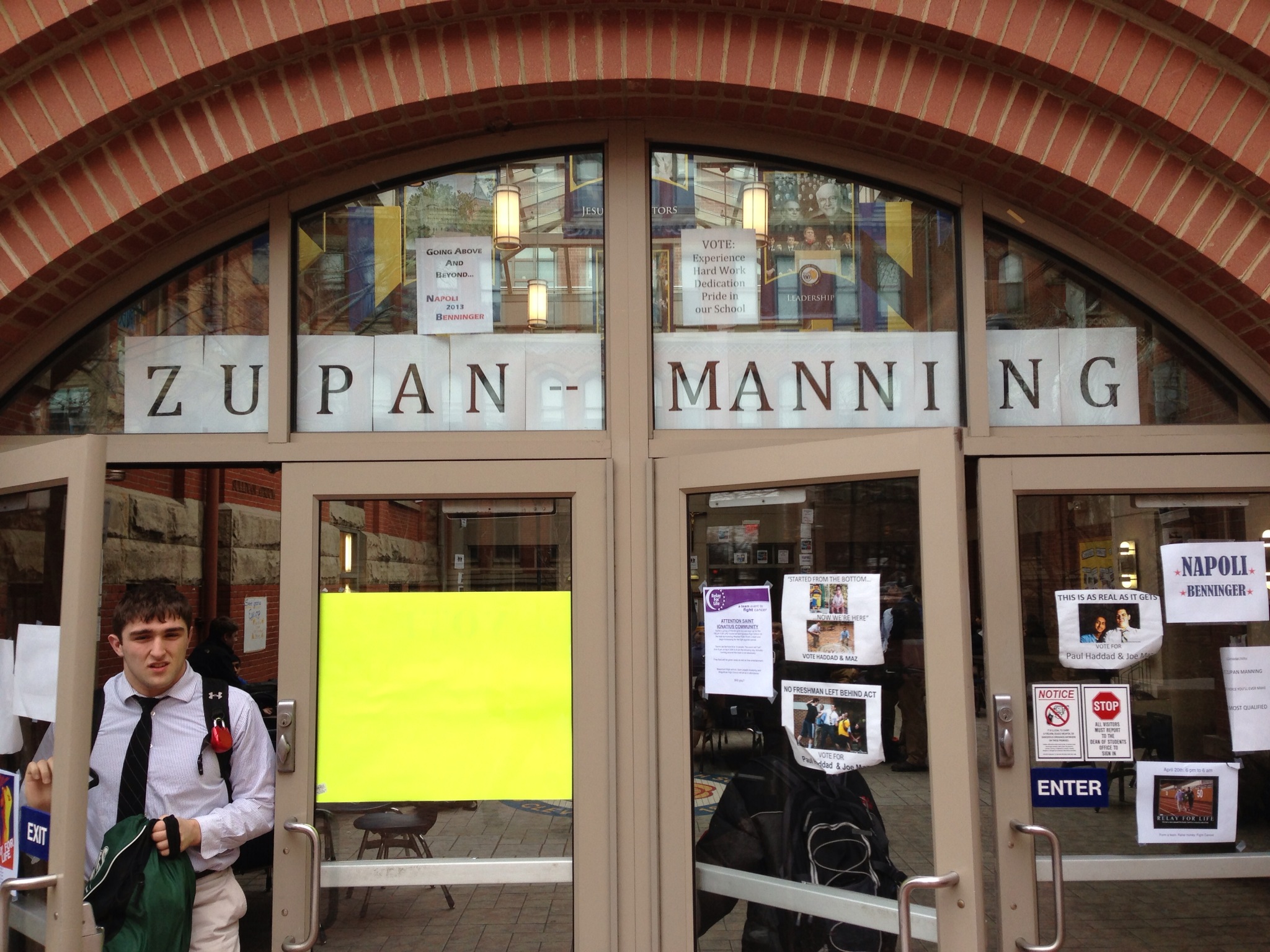By John Dorow ‘15
Following last year’s highly successful inaugural Class Competition Day, praised as a fan-favorite among the students and teachers, Mr. Hess, in conjunction with Student Senate, went to work on creating another day filled with games and healthy competition.
According to President Zupan, Student Senate and Mr. Hess gathered early on the morning of May 16th to “work so that everything fell seamlessly into place so the students could have the best day possible.”
For everyone else, the day officially began with students gathering for mass presided by Fr. Ross Pribyl S.J. Before the dismissal from Mass, everyone said goodbye to Fr. Canfield and Fr. Styles, with each departing priest given personal gifts, memorial videos, and standing ovations. “It was a great way to honor two Jesuits who have been indispensable to the campus,” said Danny Klein ’15.
Afterwards, the games began. In total, there were over sixty events, ranging from Archery to Zenn. While there was a suitable event for each and every student, students were also given the option to opt out of playing games in favor of watching Man of Steel in the Breen Center.
Schoolwide, students praised the high enjoyment of the games themselves. Otto Watana ’15 appreciated the day because “it had so many games that everyone could have a great time and relax.”
Following the conclusion of the games, the school reassembled in Murphy gym for the announcing of the winners of each game. At the rally, students were able to witness the finals of some events, most notably the crowd-pleasing Teacher Impersonations and the high intensity Tug-of-War. When all was said and done, the Seniors walked away with the illustrious class competition trophy, which President Zupan described as “a moment of perfection.”
When asked about the success of his creation, which required countless hours to organize, Mr. Hess proudly responded, “Lots of schools have field days…ours needs to be bigger and better than anyone else’s. I believe we have that.”
Editors note: check out this storify story to see the day through twitter’s eyes– https://storify.com/SIHSEye/class-competition-day-2014#publicize


